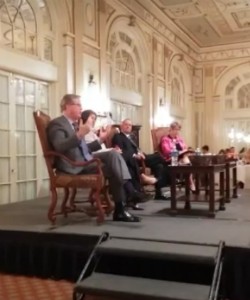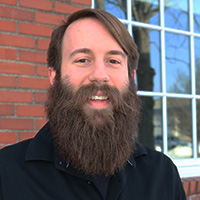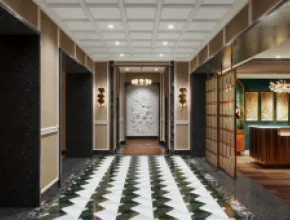LOUISVILLE, Ky.
A line-up of national industry panelists met within The Brown Hotel Crystal Ballroom in Louisville, Ky., on Tuesday morning to discuss the state of the meetings and tourism industry.
The panel included MPI President and CEO Paul Van Deventer, PCMA President and CEO Deborah Sexton, and ASAE President and CEO John Graham, who sat alongside Louisville CVB President and CEO Karen Williams to discuss various trends and marketing opportunities within the meetings industry.
An interesting first question relating to industry fads brought debate about drones, virtual meetings, and the on-going attempts to try and relate to today’s millennial clientele.
Some of the takeaways? Times are changing, attendees are demanding more from meetings, attention spans are dwindling and millennials aren’t that different from everyone else.
“We’ve seen that millennials want to network and are willing to utilize technology to help them do so,” Sexton said. “They want a variety in education, they don’t just want lectures and sessions … you’re not going to keep them engaged for 75 minute presentations … and that goes for any of us, it's not limited to millennials.”
Conversation then shifted towards the expanding revenue opportunities for “second-tier meetings destinations” such as Detroit, St. Louis and Louisville that have an advantage in today’s economy.
“Louisville has an opportunity to say here’s a full package … you can come here and save compared to a top tier city, leverage what’s available here for groups to have a good experience … do a lot more in less time with less money,” Van Deventer said. “You can work with planners to craft a better experience that people will remember when compared to larger conferences in top tier markets.”
Graham cited recent ASAE conferences in Detroit and St. Louis as examples of second-tier markets that brought their communities together to create an inviting and memorable hospitality experience.
“We had our meeting in St. Louis not too long ago … we met with the head of the taxi commission, the police commissioner, the fire commissioner, owners of hotels … that was an example of the city coming together,” Graham said. “The public works department was making sure things looked good … that’s a city that understands where their dollars are coming from and the value of meetings business.”
Closing discussions expressed a need for the hospitality industry to unite in its collection of attendee data in order to better calculate the positive monetary impact that meetings have on local economies in order to show that meetings do mean business—and not just to those folks on “the Hill.”
And of course, there’s one thing that seems to never change.
“Planners are being asked to do more with less, the economy has improved, but that doesn’t mean budgets have been increased,” Sexton said. “Meeting planners need to be tactical in nature and also visionary … envision how the events you are putting together today are changing the future.”







